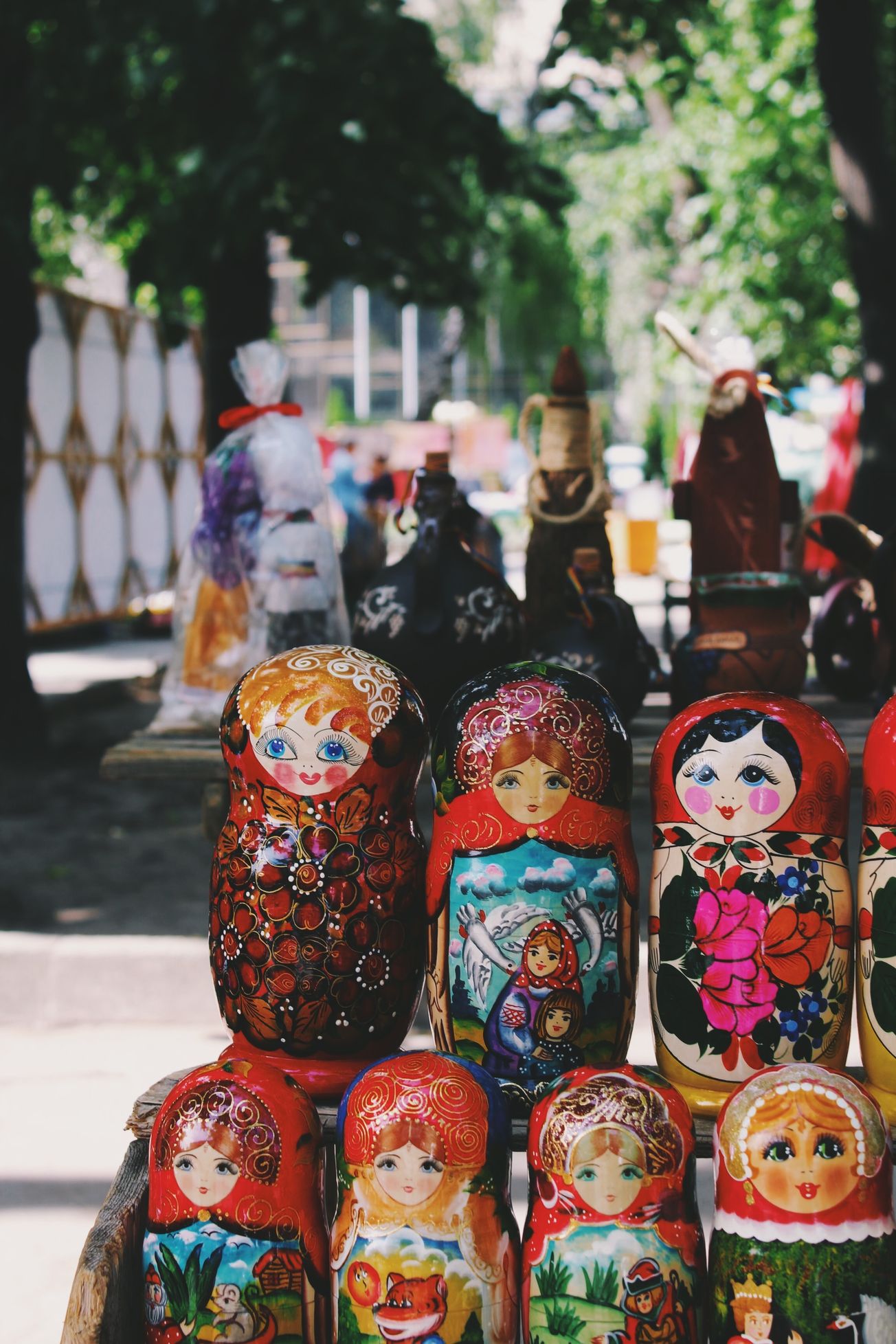By Ewan Thomas-Colquhoun, 4th Year German and Russian
The Croft Magazine // Ewan Thomas-Colquhoun discusses how Russian stereotypes and strong liqueur bring out values of hospitality, conviviality and strong friendship.
I’m standing in the doorway of a low-ceilinged wooden building, discussing Russian hospitality with a close friend of mine, Pasha. From the outside, the building resembles an oversized summerhouse, with a tall gabled roof and small rectangular windows hand carved from dark wood to contrast with the faded green paint of the walls. This is, of course, nothing like the meagre and dilapidated lawn features we know from the UK. Inside there is a vast stove capable in winter of filling the entire structure with warmth, and the sweet smell of burning birch or pine tree. Pasha smiles and welcomes me inside: “This is a Russian dacha”, he says with a touch of pride in his voice and adds a second later “It is probably very different from what you have in England”.
He is correct on both accounts. Life is very different in the central Siberian town of Tomsk, where I am spending the second half of my year abroad. Indeed, the first thing that people associate with this part of the world is the cold. In winter, it’s a rare day that the temperature dial creeps above -20 and on the chilliest days of the year it’s not uncommon for temperatures to sink below -40. This is not the only thing making lives difficult here. Sadly, Siberia’s vast wealth in resources doesn’t trickle down fairly to its residents, and so many are left struggling on wages that are half those paid to the workers in the cosmopolitan west of the country.
Conversation doesn’t come around to this topic, however, as we continue through the dacha to the back garden. There’s no time for complaining this evening; it’s the first party since the snow melted and everyone is looking to have a great time. No sooner than I’ve stepped outside a large shot glass is pressed into my hands. Inside, I am informed that it’s ‘samogon’ - or Russian moonshine - which has somewhere between 40-60% alcohol. Pasha raises his glass and follows the tradition of welcoming guests with a toast – za tvoe zdorov’e, to my good health.
As the burning subsides, I begin to consider the ritual that is playing out in front of me. In Russia, it’s not enough to say that someone is welcome, but rather it must be proven. The skewers of shashlik and vegetables freshly gathered from the garden sizzle on the fire and the copious amounts of alcohol that are passed around are more than enough to attest to this. One could be forgiven for assuming that this is some kind of performance, an attempt to impress these visiting Europeans with the best of Russian culture. In reality, it is quite the opposite. In a place where fresh produce is, understandably, often scarce or prohibitively expensive, such a lavish spread becomes a symbol of togetherness. By sharing food from the same table, we are invited to enjoy each other’s company as equals and focus on what is important, a real connection to those around us.
This connection is strengthened by the next stalwart of any Russian party: the singing. With the help of a Soviet guitar and a modern Chinese loudspeaker, the group careens their way from British 00s pop classics, to Soviet rock anthems and back again via a smattering of reggaeton (strangely popular in Russia?!). As the night and cold draw in, however, we gather around the fire, once again with our glasses full, and listen as another friend, Zhenya, raises a toast: za liubov, to love. We smile as he talks of his love of basketball and nice whiskey and home. We laugh as he deliberately misquotes a love poem from Pushkin. And then we fall silent as he speaks of his love for his friends.
Despite the stereotypes we have in the west, this kind of sentimentality is common amongst Russian men and is expected on evenings such as this; so far out in the country, all one can do is sit and share: shashlik, samogon, and stories. It’s this image also that I always think about when people talk of difference and division between our two countries. Whether it be politicians or newsreaders, it seems the powers that be are trying to draw us ever further apart. And yet, thanks to the power of Russian hospitality, an outsider looking across the fire from one rosy face to another would find it difficult to see any differences at all.
Featured Image credit: Unsplash / Alina Grubnyak
Find The Croft Magazine inside every copy of Epigram Newspaper









